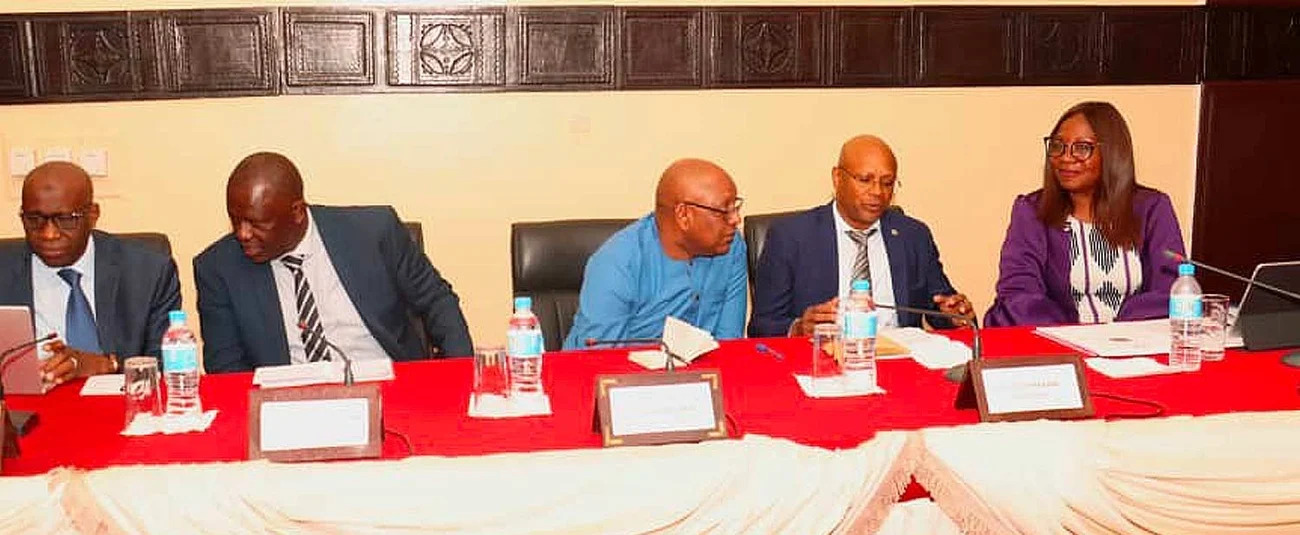The private sector in Niger, the vast West African Sahelian country that has faced a years-long security crisis, is calling on the African Development Bank Group to invest massively in the country to further boost Africa’s highest-performing economy in 2024.
Private sector representatives, speaking on 15 May to the Bank Group’s Vice-President for Regional Development, Integration and Business Delivery, Marie-Laure Akin-Olugbade, requested an “Adesina Plan” (after the President of the Bank Group) to revitalize Niger’s economy. With a growth rate of 11.2%, Niger will have the highest-performing economy in Africa in 2024, according to the African Development Bank.
Five other proposals were made by meeting participants: write off domestic debt to support economic operators; adapt the financial products offered by commercial banks to reflect current financing needs; recruit suitable staff to support small and medium-sized enterprises and industries (SMEs/SMIs), and develop networks of women entrepreneurs, particularly in the agricultural products processing sector, by facilitating their access to the products through Affirmative Finance Action for Women in Africa (AFAWA). Other proposals were to have action-research organizations and actors more involved in improving the quality of agricultural production and storage, and public-private partnerships implemented to support start-ups in the agricultural sector.
The private sector also pointed out the difficulties experienced by SMEs/SMIs in accessing credit lines funded by the Bank from local commercial banks, and the lack of a technical capacity-building mechanism for women entrepreneurs in business management, financial education and entrepreneurship.
Vice-President Akin-Olugbade pointed out that Niger will benefit from the AFAWA initiative, which has a mechanism designed to build the technical capacity of women entrepreneurs and local banks so that they better understand women’s entrepreneurship.
She also met Niger’s main bilateral and multilateral partners — the World Bank, International Monetary Fund, European Union, United Nations Development Programme, International Fund for Agricultural Development, UN Food and Agriculture Organization, UN Women, the Central Bank of West African States, USAID, the US, UK and Turkish embassies and the Belgian and Italian cooperation agencies in the country.
In addition to sharing information on the country’s political situation, partners urged the African Development Bank to resume its cooperation with Niger for the sake of the population. They also advocated for having future development programmes consider women’s economic empowerment more forcefully, and for capitalizing on the lessons learned from the reforms implemented, particularly in the digitalization and governance of public finances, access to climate funding, etc.
Marie-Laure Akin-Olugbade confirmed the Bank’s desire to strengthen cooperation with Niger, with a better-staffed country office that would have several experts, in line with the medium-term work programme.
The discussions reflected a convergence of views on priority intervention areas — agriculture, transport, energy, water and sanitation. Here, possibilities exist for partnerships between the Bank and certain technical and financial partners, including the World Bank, for parallel funding for large-scale operations with complete feasibility studies in the agriculture, energy and transport sectors.

